Africa’s mineral-rich lands have long held the promise of prosperity. From cobalt in the Democratic Republic of Congo to gold in Ghana and platinum in South Africa, the continent is a treasure trove of resources that can fund infrastructure, uplift communities, and fuel economic transformation. Yet, this potential remains partially untapped due to systemic issues in revenue management—especially around the collection and administration of royalties.
A Royalty Management System (RMS) is emerging as a critical tool in resolving these issues. These digital platforms are revolutionizing how governments manage mining royalties, ensuring transparency, accountability, and optimal returns from natural resource extraction. At its core, royalty management is the process by which governments monitor and collect payments owed by mining companies for extracting natural resources. These payments are usually a percentage of either the value of the mineral produced or the volume extracted.
In many African countries, however, the royalty collection process is still manually administered, opening the door to underreporting, miscalculation, corruption, and inefficiencies. According to a 2022 African Union report, up to 20–30% of expected mining royalties go uncollected annually in several countries due to administrative gaps and weak enforcement mechanisms. A Royalty Management System (RMS) addresses these challenges by using digital tools to automate key tasks such as production tracking, royalty calculation, compliance monitoring, and payment collection. These systems are powered by advanced technologies such as Blockchain, AI, and real-time data analytics. They ensure seamless communication between regulatory authorities, mining operators, tax departments, and logistics networks, minimizing human error, preventing fraud, and building a robust foundation for governance.
.jpg)
The Global Market Influence on RMS Adoption
The growth of royalty management isn’t confined to Africa—it reflects broader global trends. According to MarketsandMarkets, the global royalty and intellectual property rights management market is projected to grow from USD 4.28 billion in 2016 to USD 12.68 billion by 2021, with the mining and natural resources sectors among the top drivers of demand.
Several forces drive this global push. First, the volatility of commodity prices necessitates systems that can track production volumes and values in real time, ensuring that royalties adjust to market dynamics. Second, growing expectations around Environmental, Social, and Governance (ESG) compliance have led to increasing pressure on governments and corporations to show transparent revenue practices. Third, as more countries adopt digital governance initiatives, funding and partnerships from international development institutions are supporting the integration of RMS solutions in developing economies. Lastly, major mining corporations are more willing to operate in jurisdictions where rules are clear and royalty systems are efficiently digitized, providing a win-win scenario for both investors and states.
A Closer Look at the Systems
Royalty Management Systems are specialized platforms designed to handle the entire lifecycle of mineral royalty administration—from licensing to revenue collection. These systems typically incorporate modules for production reporting, royalty calculation, payment tracking, and compliance monitoring. For instance, in countries where royalties are calculated based on market price, real-time integration with commodity exchanges ensures accurate computations. The automation reduces dependency on self-declarations by mining companies, which have historically been vulnerable to underreporting. According to the African Development Bank, inefficient royalty collection and underreporting lead to losses estimated at over $2 billion annually across Sub-Saharan Africa.
A robust RMS leverages analytics to compare declared production with satellite imagery and export data, thereby identifying anomalies. Moreover, features like digital invoicing, audit logs, and dashboard visualizations empower regulatory bodies to act swiftly against defaulters. Integration with national tax systems also ensures seamless revenue reconciliation and prevents duplication of financial reporting. Importantly, RMS platforms enhance trust among stakeholders—mining communities, civil society, and investors—by promoting transparency. By digitizing processes and centralizing data, governments are not only maximizing revenue collection but also ensuring that these revenues contribute to long-term economic planning, environmental sustainability, and social equity.
.jpg)
Why Africa Needs Digital RMS Now?
With Africa projected to attract increased mining investment, especially for critical minerals like lithium, copper, and rare earths, the urgency to reform revenue management systems is greater than ever. African nations are now seeking more equitable terms with mining companies, and digital royalty systems offer a mechanism for monitoring production and enforcing contracts with precision. Digital RMS platforms allow for fairer revenue distribution to local communities, ensuring that mining profits are reinvested in health, education, and infrastructure. They also strengthen compliance with environmental and social obligations, as companies are required to adhere to digitized checklists and reporting standards. For investors, the presence of a reliable RMS framework signals a stable regulatory environment, which improves the investment climate and reduces legal uncertainties.
In addition, digital systems enable institutional strengthening. Government departments responsible for mining regulation gain access to centralized data dashboards, capacity-building tools, and automated alerts. These features support evidence-based decision-making and reduce the administrative burden on under-resourced agencies. In regions where artisanal and small-scale mining thrives outside the legal framework, RMS platforms can be tailored to register and integrate these operators, promoting both formality and inclusivity in the sector.
Conclusion
The time is ripe for African nations to harness the power of their mineral wealth fully. But this potential can only be unlocked through robust, transparent, and technology-driven systems that ensure accountability at every step of the mining value chain. Royalty Management Systems are no longer a luxury—they are a necessity for economic sovereignty, sustainable development, and citizen trust. By investing in digital RMS infrastructure, African countries can move from being resource-rich to truly resource-wise.
CSM Tech: Pioneering Royalty Management in India
CSM Tech has proven expertise in building scalable, digital Royalty Management Systems, notably with the Integrated Mines and Mineral Management System (i3MS) in Odisha, India. This award-winning platform transformed Odisha into one of India’s most transparent and revenue-efficient mineral states. With modules covering digital licensing, real-time royalty calculation, barcoded transit permits, and port-linked export verification, CSM Tech’s system increased mineral revenues by over 250% in a single fiscal year. This proven expertise positions CSM Tech as an ideal technology partner for African nations looking to modernize their mining governance frameworks.















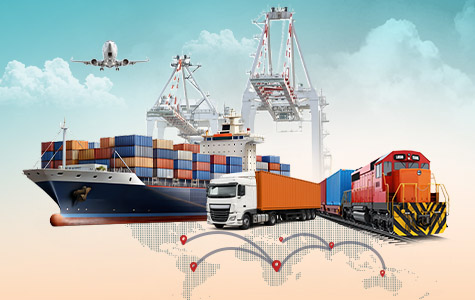

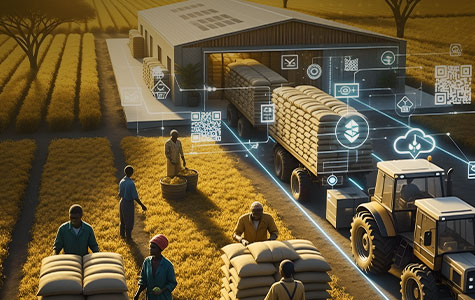





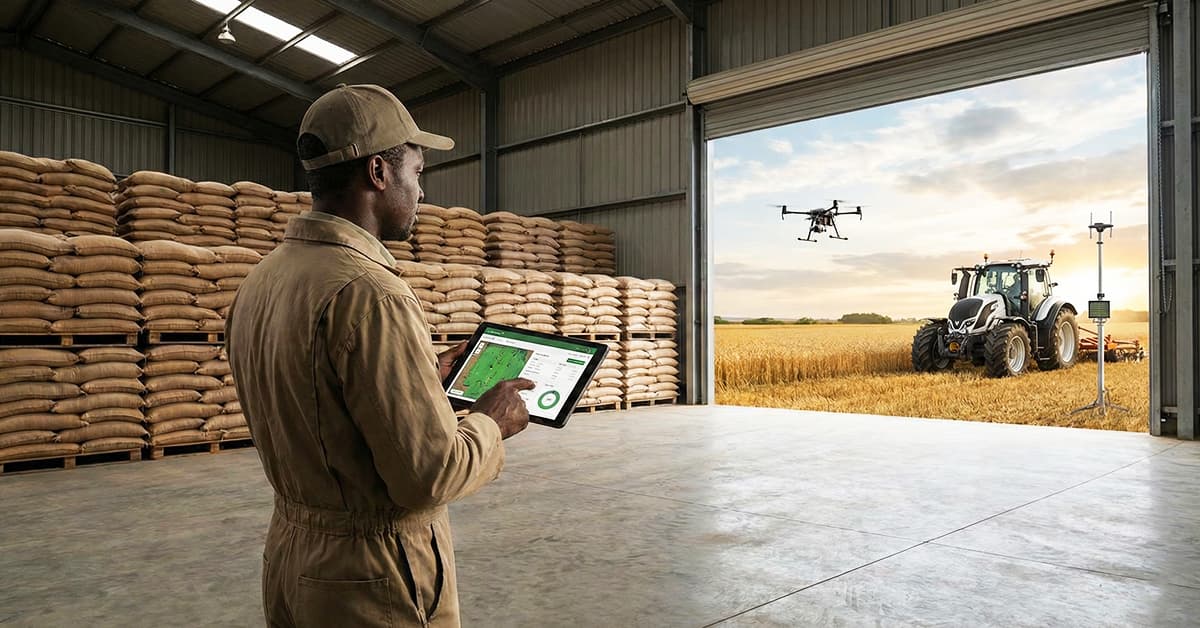
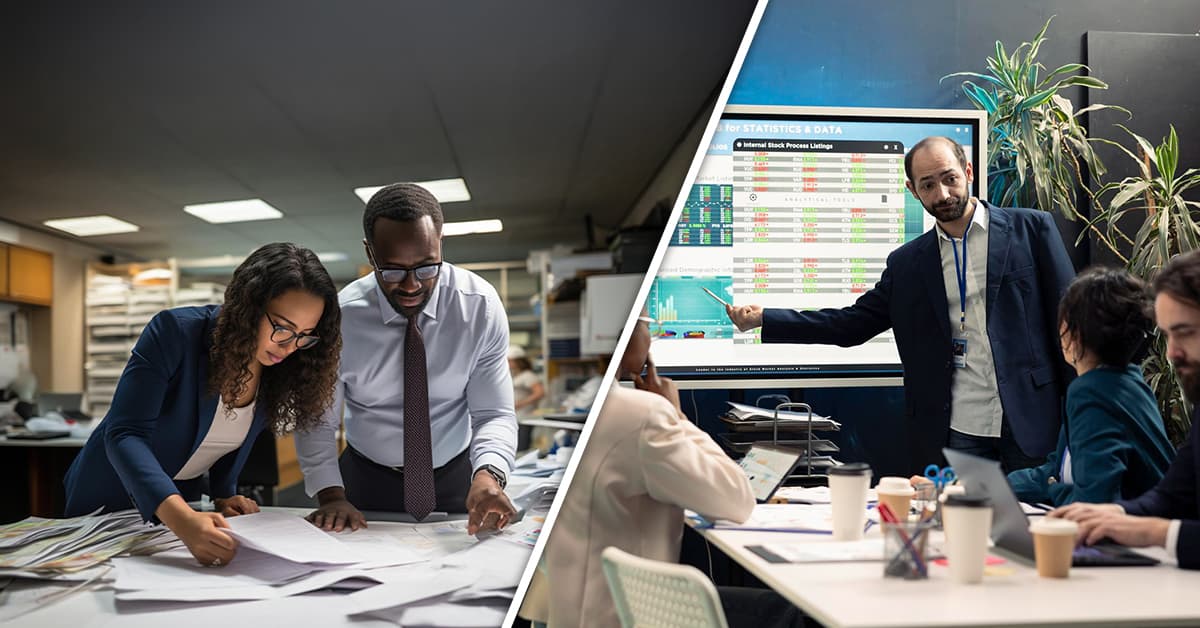
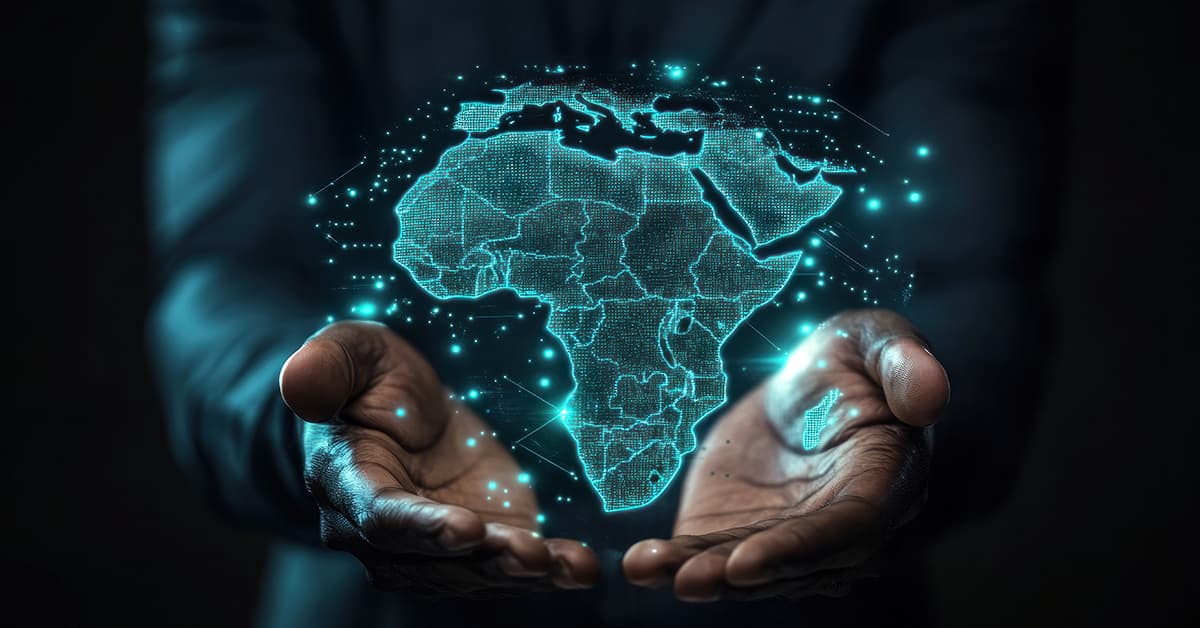
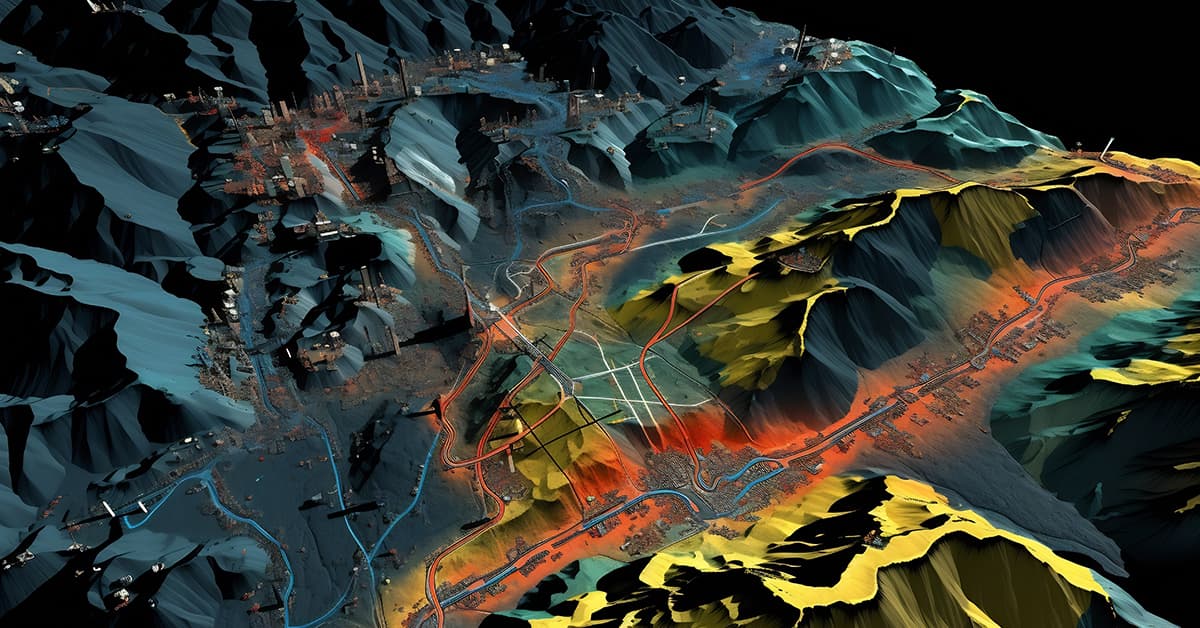
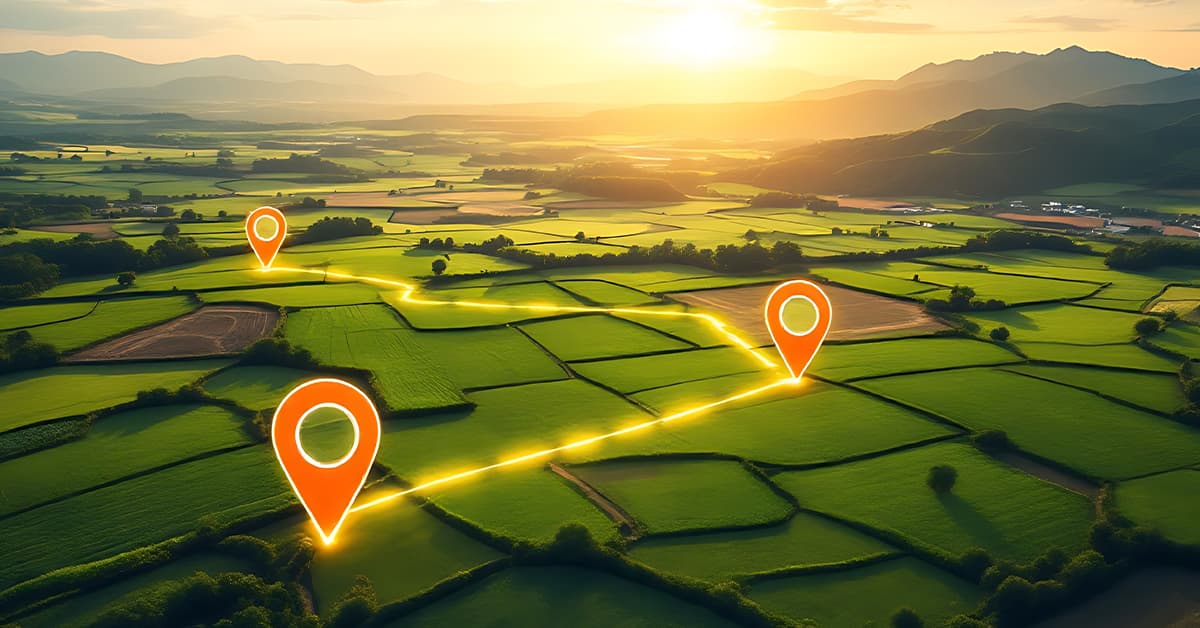




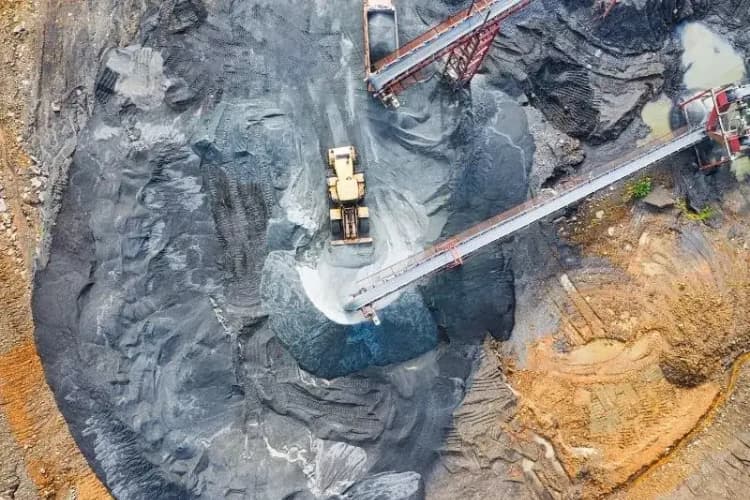



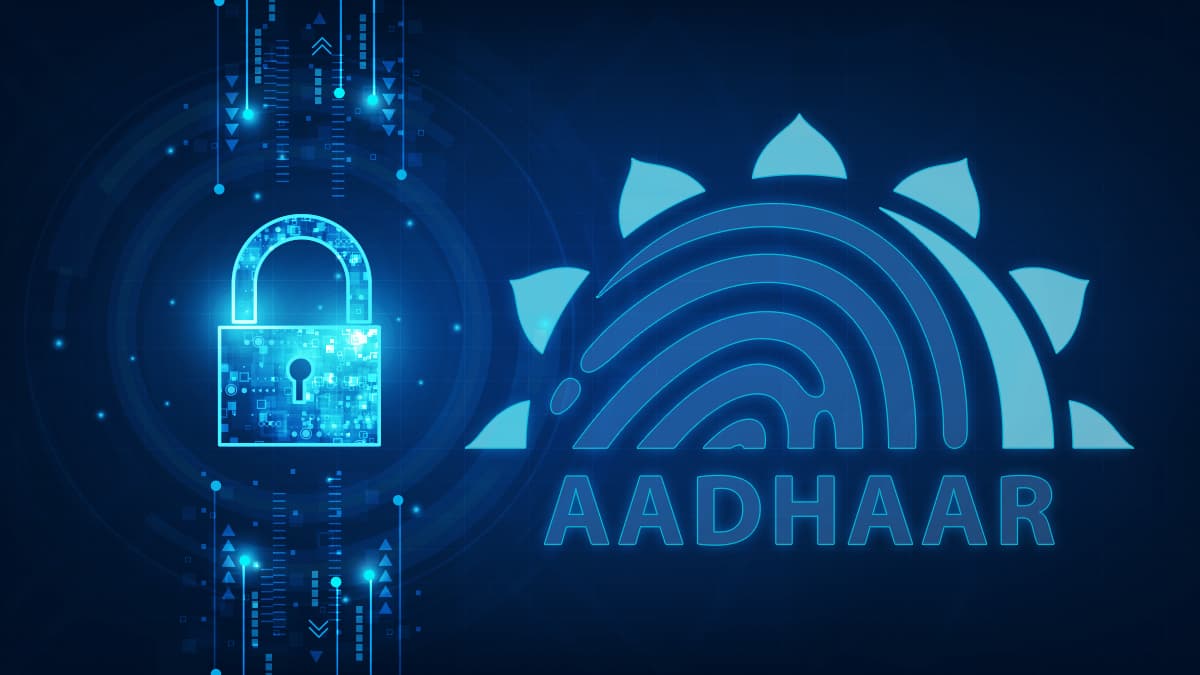
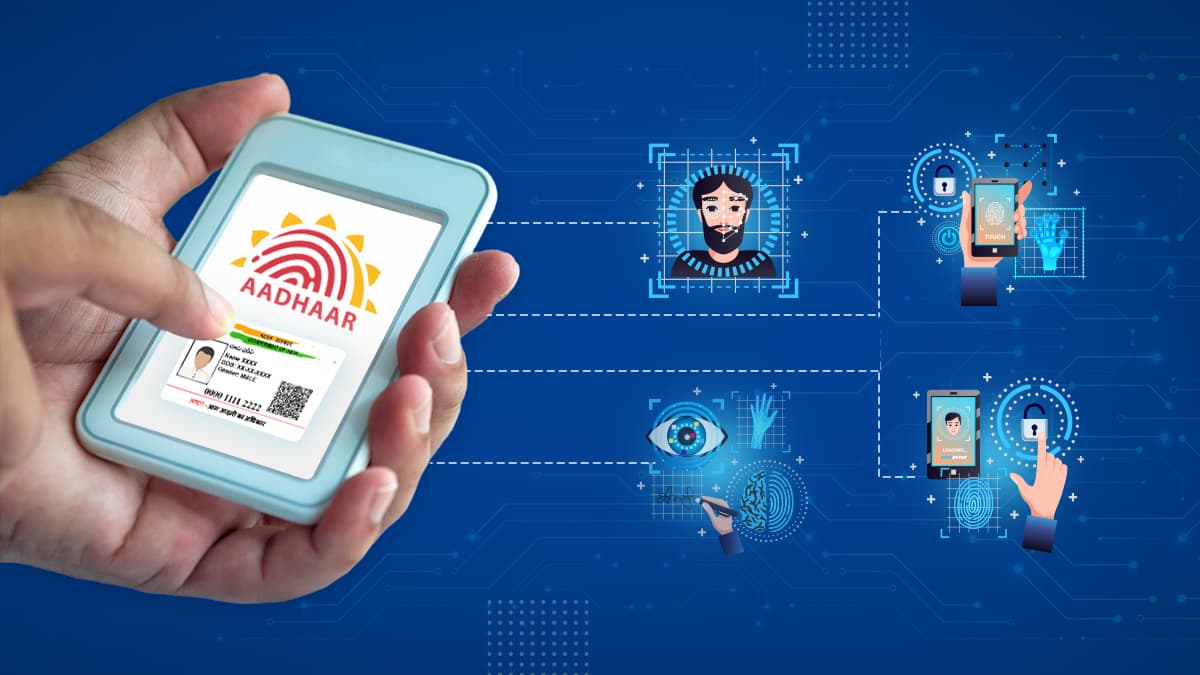
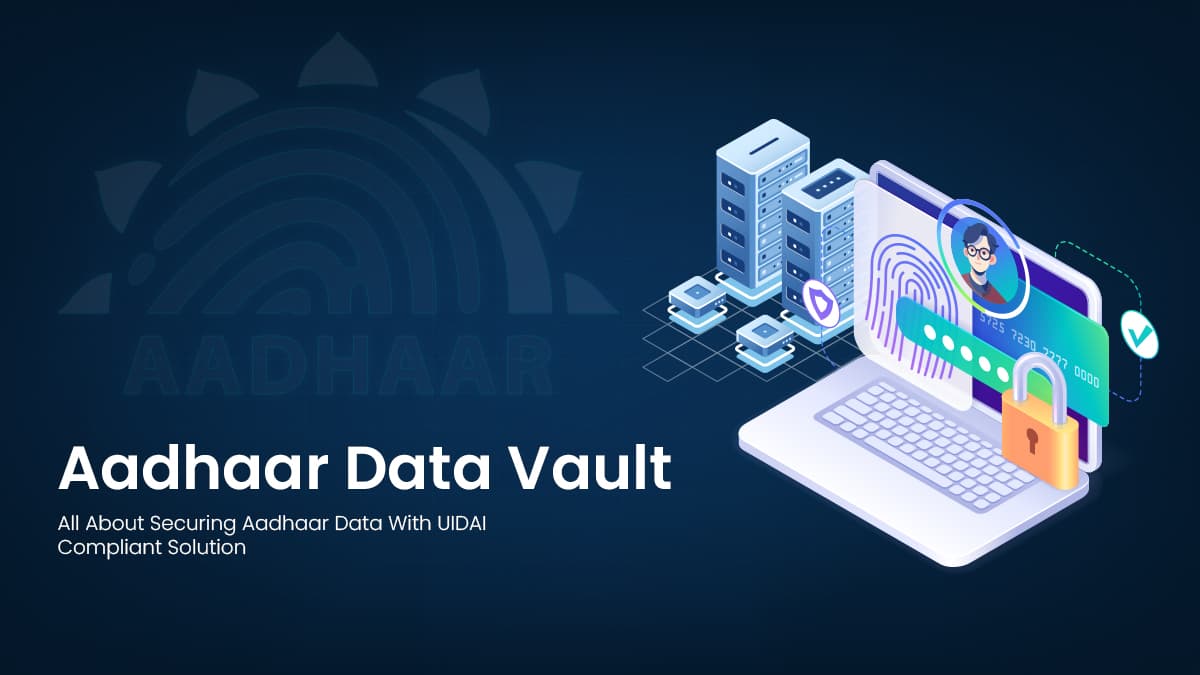



We will verify and publish your comment soon.